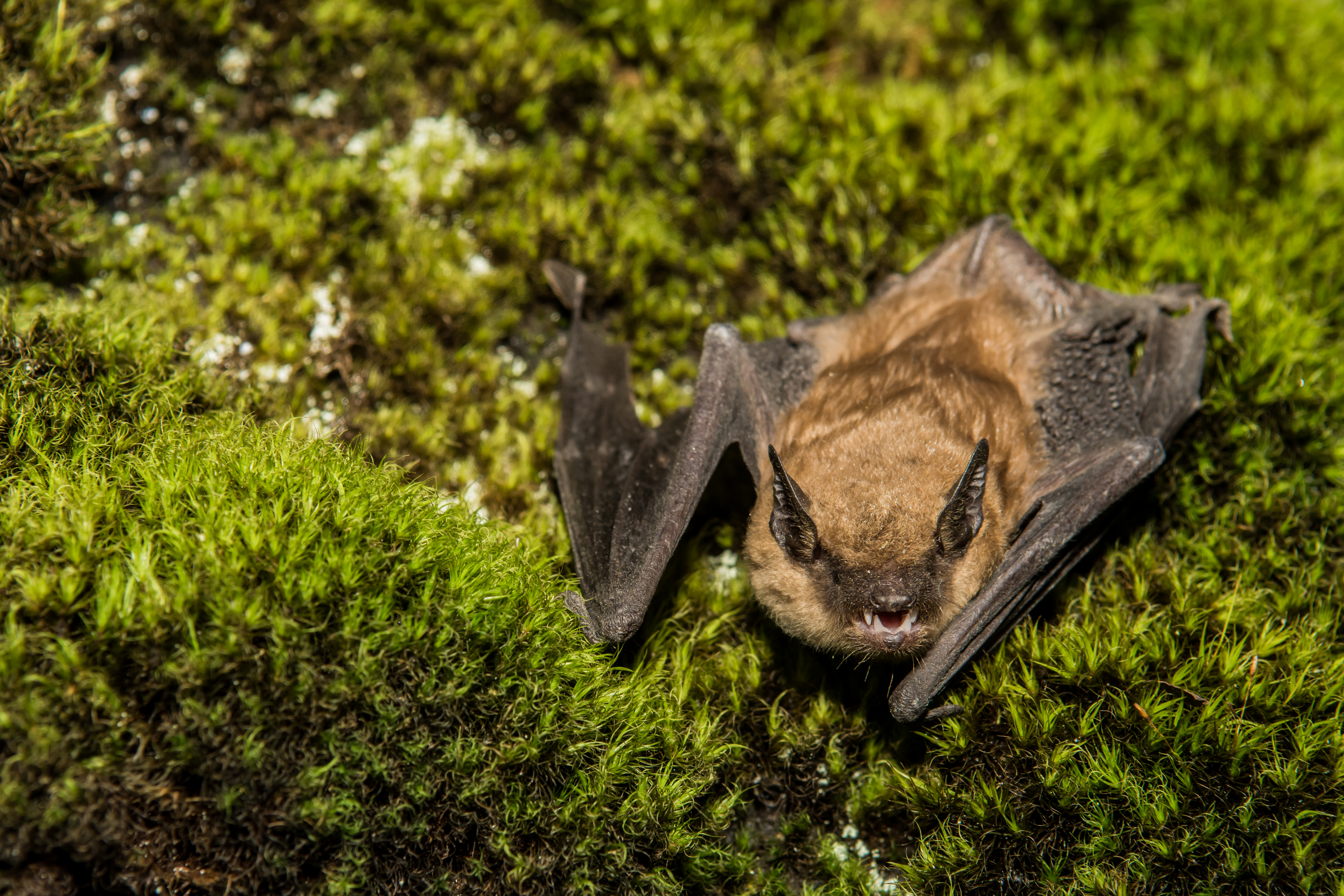It's a New Day in Public Health.
The Florida Department of Health works to protect, promote, and improve the health of all people in Florida through integrated state, county, and community efforts.
FLORIDA DEPARTMENT OF HEALTH IN ESCAMBIA COUNTY URGES RESIDENTS TO AVOID CONTACT WITH WILD AND STRAY ANIMALS
July 22, 2021

Pensacola, Fla. – The Florida Department of Health in Escambia County (FDOH-Escambia) urges residents to avoid contact with wild and stray animals to protect themselves from the risk of rabies exposure.
Rabies is a viral disease that infects the central nervous system. Without proper treatment, rabies can cause brain infection and death. Rabies is transmitted by a rabid animal by a bite, a scratch, or by contact with mucous membranes such as the eyes, nose, or mouth. A series of “rabies shots” can protect a bite victim from developing the rabies infection, if given soon after the bite occurs.
An animal with rabies may appear sick or lethargic, have problems swallowing, or drool or salivate excessively. A wild animal may appear tamer than usual and some animals may have no visible symptoms.
In Florida, raccoons, foxes, bats, and cats are the animals most frequently diagnosed with rabies. Other animals that are at high risk for rabies include dogs, bobcats, skunks, and otters. Because of their proximity to people, stray and unvaccinated cats and dogs pose a special risk.
On July 18, 2021, an individual had contact with a bat while visiting Perdido Kids Park in Escambia County, Florida. The individual has received a rabies vaccine for the bat exposure as a precautionary measure. It is possible that other unknown individuals may have also come in contact with this animal. Anyone who may have come into contact with a bat’s mouth or claws in this area should seek medical care and consult FDOH-Escambia at 850-595-6700 x 2028.
Residents and visitors are advised to take the following precautions:
- Vaccinate pets against rabies and keep vaccinations up to date.
- Keep pets under direct supervision so they do not come into contact with wild animals.
- If a pet is bitten by a wild animal, seek veterinary assistance for the animal immediately.
- Call animal control services to remove any stray animals from your neighborhood.
- Bring in pet food at night and secure trash cans with fasteners, or place trash containers in the garage, so they do not attract wild or stray animals.
- Never adopt wild animals or bring them into your home.
- Teach children never to handle unfamiliar animals, wild or domestic, even if they appear friendly.
- Prevent bats from entering living quarters or occupied spaces in homes, churches, schools, and other similar areas, where they might come in contact with people and pets.
FDOH-Escambia’s Environmental Health division investigates animal bite reports, tests animals for rabies through the state laboratory, and orders animal quarantine as necessary. For more information, or to report an animal bite, contact the FDOH-Escambia Environmental Health office at 850-595-6700 or visit www.EscambiaHealth.com.
###
About the Florida Department of Health
The Florida Department of Health, nationally accredited by the Public Health Accreditation Board, works to protect, promote and improve the health of all people in Florida through integrated state, county and community efforts.
Follow us on Twitter at @HealthyEscambia and on Facebook. For more information about the Florida Department of Health please visit www.FloridaHealth.gov.




Connect with DOH